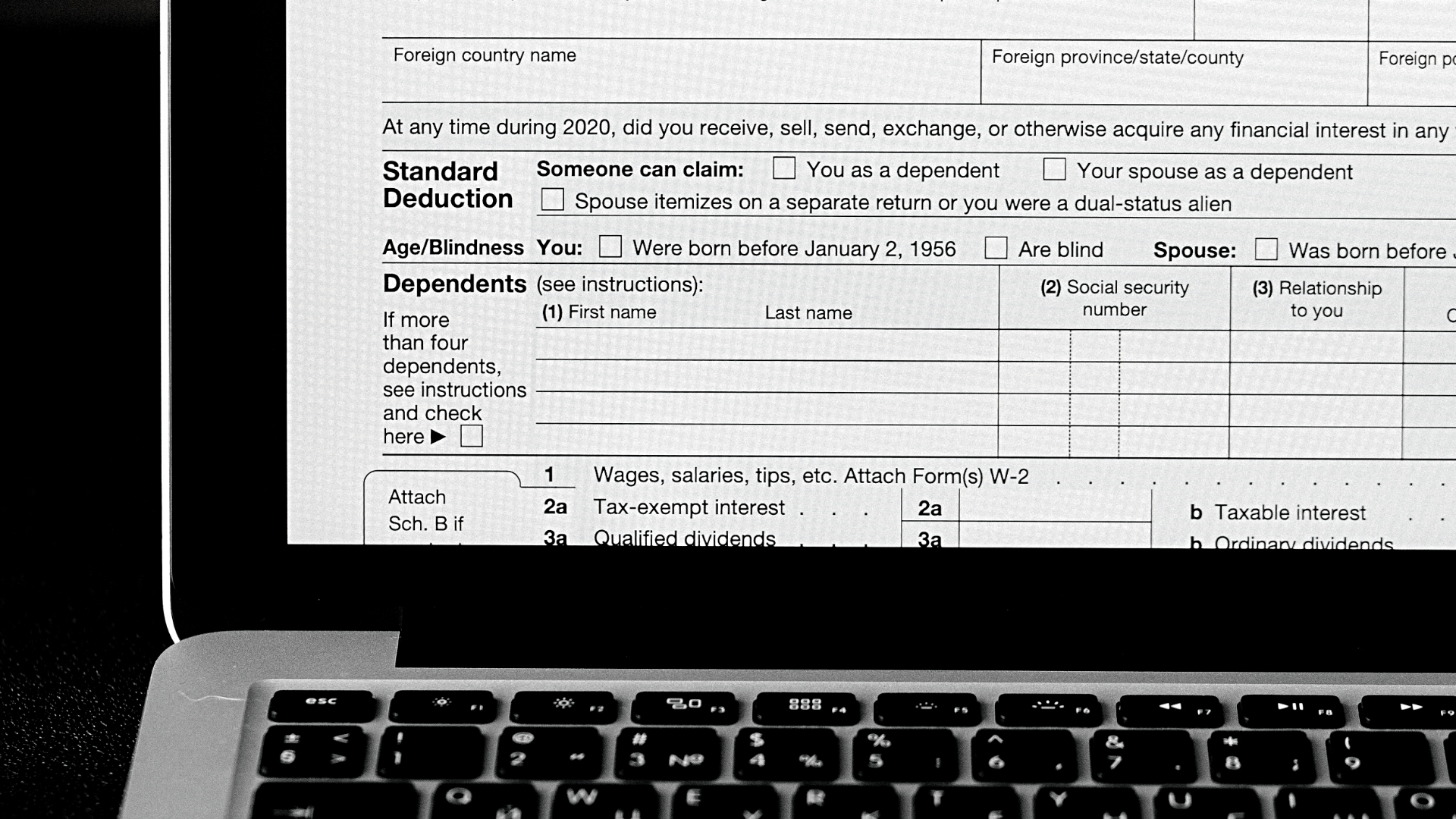A month with the electronic National Court Register

On July 1, 2021, regulations introducing the digitization of the National Court Register became mandatory. Since then, all new matters related to the Register of Entrepreneurs are subject to obligatory electronic forms. After a little over a month of the new regulations being in force, both advantages and disadvantages of the new mode can be seen.
Transparent and functional system
Along with the introduction of an electronic National Register of Entrepreneurs, the Court Register Portal has also been made available. It allows us not only to submit documents to registry courts but also to review registration documents of entities entered into the National Court Register. The application form for an entry or change in the register is much simplified as compared to the paper form. Some of the information, such as the data of the company to be entered, will be completed automatically by the system. In the case of an application for a change in the entry, one has to choose which elements are to be changed. Only such fields will be available for filling in later. It makes the work on the form easier especially for those entrepreneurs who decide to fill in the application on their own, which was one of the motives of introducing the new regulations. The simplification also concerns the fees. Depending on the selected application, the system itself indicates the fee to which a given letter is subject. Its payment is possible from the level of the Court Register Portal.
The disadvantages are certainly the lack of unification. The Court Registry Portal allows for convenient preparation of applications and browsing register files electronically, however it still functions separately when it comes to filing and browsing financial documents and submitting applications in the S24 system.
Is it only electronic?
However, those who decide to prepare the application on their own may encounter a certain obstacle. If the documents constituting the basis for entry, such as e.g. minutes of shareholders’ meeting or share sale agreement have been drawn up in paper form, the application shall be accompanied by
- electronic copies certified by a notary public or an attorney at law appearing in the case, or
- electronic copies of documents.
If the documents are not certified by a notary public or an authorized representative, being an advocate or a legal adviser, the applicant is obliged to send the originals or officially certified copies to a competent registration court within 3 days from the date of applying. Therefore, it is worth keeping in mind that the current wording of the regulations does not allow entrepreneurs to conduct registration proceedings 100% electronically.
Summing up the above, the Court Register Portal should certainly be considered a step in the right direction. The new system was unknown until the day it was introduced. Skepticism about the new mode is still voiced, and the system itself is not free of certain shortcomings. However, there is no doubt that the process of exchanging letters between the applicants and the court has been accelerated. This in turn should translate into a general shortening of the waiting time for entry in the Register of Entrepreneurs. In our opinion, the next step should be the unification of the entire Entrepreneur Register Portal. Then, actions related to the Register of Entrepreneurs could be performed in one place and with the use of one account.
Do you want to be up-to-date? Subscribe to our newsletter!
